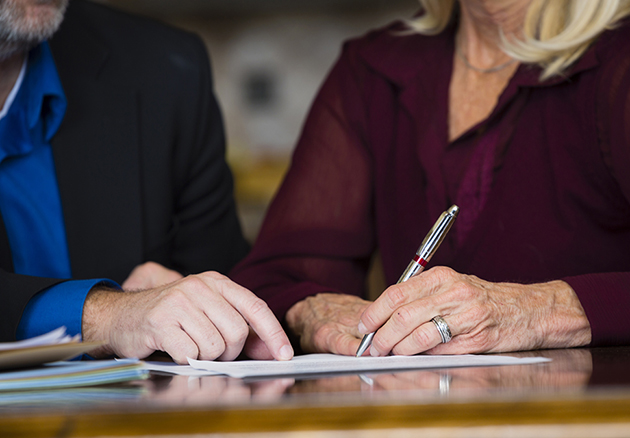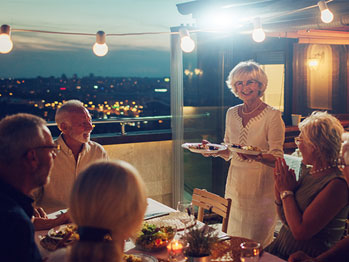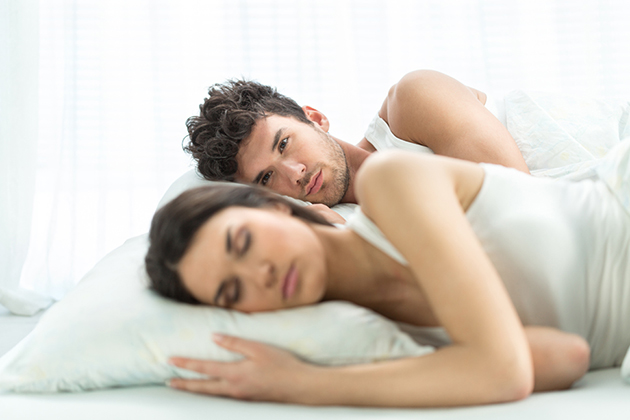
Many of us struggle to get a good night’s sleep. But what are the best ways to ensure we get the shut-eye we so desperately crave and still able to wake up feeling refreshed?
Many Australians are failing to get the recommended hours of sleep each night with the cost borne out by reduced workplace productivity and rising health issues.
Research by Deloitte Access Economics in 2017 found four out of every ten Australians are suffering from inadequate sleep and half of these experience “ongoing pathologically high levels” of daytime sleep.
The same report determined the cost to the economy of this lack of shut-eye was around $66 billion in health expenses and lost productivity, while this lack of sleep was also estimated to have played a part in 3,017 deaths in 2016/17 where sleep fatigue had caused drivers to fall asleep at the wheel, industrial accidents or associated health issues such as diabetes and heart disease.
The Sleep Health Foundation (SHF) says sleep requirements stabilise in early adult life, around the age of 20. While individuals vary in their sleep needs, it says most adults require between seven and nine hours a night to feel properly refreshed and function at their best the next day.
The good news is there are many things Australians can do to improve their sleep.
Regulate your bed time
First and foremost is to keep regular times for going to bed and getting up, the Foundation suggests.
It says going to bed at the same time each night helps regulate the body’s internal clock and affords the best opportunity to nab a decent sleep. Going to bed too early or staying up to late can cause havoc with this routine.
“In the hour before going to bed, it is important to have a relaxing sleep routine. Although this will vary from person to person, some things that you may find relaxing include having a warm bath, reading quietly or a warm milk drink. Going to the toilet is important to avoid having to get up in the night.”
Things to avoid
The Foundation says caffeine should be avoided at least two hours before going to bed while smoking also makes it difficult to go to sleep. And while alcohol might help you get to sleep, it will make it harder to stay asleep and frequently makes sleep problems such as snoring and sleep apnea worse as well.
It says activities that are stimulating – such as moderate exercise, computer games, television, movies, having important discussions, using social media and responding to emails and text messages – should be avoided in the hour before bed while being in a brightly lit environment or the blue light of the computer can reduce evening levels of the sleep-promoting hormone melatonin.
“Don’t fall asleep on the couch during the evening as it reduces your sleep pressure and makes it harder to fall asleep when you go to bed,” it says.
Other top tips include:
- Avoid going to bed on a full or empty stomach
- Get some sunlight during the day
- Keep distracting items out of the bedroom
- Relaxing for an hour before hitting the hay
- Listen to music or read a book to help you wind down before bedtime
The Foundation says sleep is not something that you can force to happen and if you are not asleep within 20 to 30 minutes of going to bed you should get up.
“Improved sleep will not happen as soon as changes are made. But if good sleep habits are maintained, sleep will certainly get better. It is not possible to do the same thing every day, but it should be most days. Different things work for different people. Find what works for you and stick with it.”











